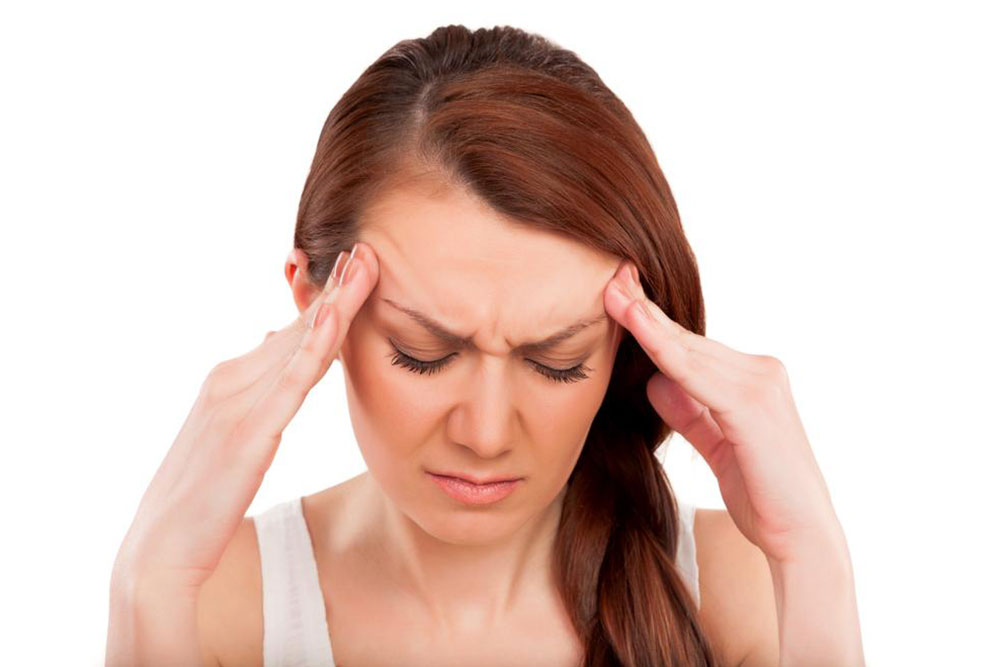Effective Lifestyle Strategies to Manage and Reduce Hypertension
Discover effective lifestyle modifications to lower high blood pressure naturally. Learn techniques like exercise, dietary adjustments, stress reduction, and hydration to manage hypertension efficiently. These simple, practical tips can lead to quick and sustained improvement in your blood pressure levels, promoting better heart health and overall well-being.

Managing Hypertension Through Lifestyle Modifications
Blood pressure depends on how much blood your heart pumps and the resistance in your arteries. Narrower arteries lead to higher blood pressure. A normal reading is below 120/80 mmHg. Readings at or above 130/80 mmHg indicate high blood pressure. Slightly elevated readings between 120/80 and 130/80 are classified as elevated blood pressure.
How Can You Lower Blood Pressure Naturally?
Practicing meditation or yoga helps relax the nervous system, widen blood vessels, and improve circulation.
Staying well-hydrated by drinking plenty of water supports healthy blood flow by enlarging veins and arteries.
Applying reflexology techniques on pressure points located on the neck, arms, and feet may help influence blood pressure positively.
Sun exposure converts skin-stored nitrates into nitric oxide, which relaxes blood vessels.
Role of Physical Activity in Quickly Lowering Blood Pressure
Regular exercise is essential for reducing hypertension.
Consistent physical activity strengthens the heart, enhances efficiency, and decreases arterial stress.
Just 30 minutes of moderate exercise such as walking or 15 minutes of intense activity like running daily can improve blood pressure and heart health.
Increasing physical activity intensity can further accelerate blood pressure reduction.
Eating Foods Rich in Potassium to Cut Blood Pressure
Consuming potassium-rich foods helps eliminate excess sodium and relax arteries, lowering blood pressure quickly.
Modern diets tend to be high in sodium and low in potassium. Balancing this by eating fresh, whole foods is beneficial.
Foods high in potassium include leafy greens, tomatoes, potatoes, bananas, melons, avocados, oranges, dairy, fish, nuts, seeds, and beans.
Reducing Salt Intake for Immediate Blood Pressure Benefits
Sodium is a major contributor to high blood pressure.
Limiting daily sodium intake to below 1,500 mg supports blood pressure control.
Check food labels to monitor salt consumption, especially in processed and restaurant foods.
Gradually reducing salt intake can produce noticeable effects.
Cooking at home allows better control over salt use; replace salt with herbs and spices to enhance flavor.
Increasing potassium intake also promotes sodium excretion, aiding in faster BP reduction.
How Managing Stress Contributes to Blood Pressure Control
Chronic stress elevates blood pressure by activating fight-or-flight responses.
Stress can lead to unhealthy behaviors like overeating or excessive alcohol consumption, worsening hypertension.
Practices such as yoga, tai chi, listening to calming music, or singing can help reduce stress levels.
Sunlight exposure boosts endorphin production, which can lower blood pressure.
Supporting a strong social network and seeking emotional support can also mitigate stress and assist in BP management.
Meditation and relaxation techniques are effective tools for lowering hypertension fueled by stress.
Important Notice:
If your blood pressure remains abnormally high, consult a healthcare professional for appropriate medication and management plans.










